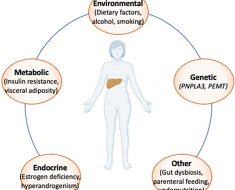
Experiencing adversity before the age of 18 is unfortunately quite common. Nearly two thirds of young people experience at least one instance of adversity, be it abuse, neglect, or household dysfunction. Adverse childhood experiences largely weaken communication between brain structures, which can also be stated as a reduction of brain connectivity. This increases the likelihood of mental health issues in adulthood.
However, the impact of adversity experienced during adolescence on the brain is less explored, and whether it alters brain connectivity is unknown. Pollman and colleagues explored this by analyzing data from a prior study of 12,000 young adolescents.
They assessed whether brain connectivity is changed following distinct kinds of adversity, including family conflict, socioeconomic status, and perceived neighborhood safety. The study is published in the Journal of Neuroscience.
The researchers found that higher levels of family conflict increased brain connectivity overall, while lower socioeconomic status and perceived neighborhood safety weakened brain connectivity over time. These data demonstrate that the neurological impact of social adversity during adolescence is complex and multifaceted.
Taken together with what is known in the field, this work reveals that differences between the effects of adversity in adolescence versus childhood exist, thus highlighting the need for further investigation on how social experiences occurring after childhood alter brain development.
Source: Read Full Article





